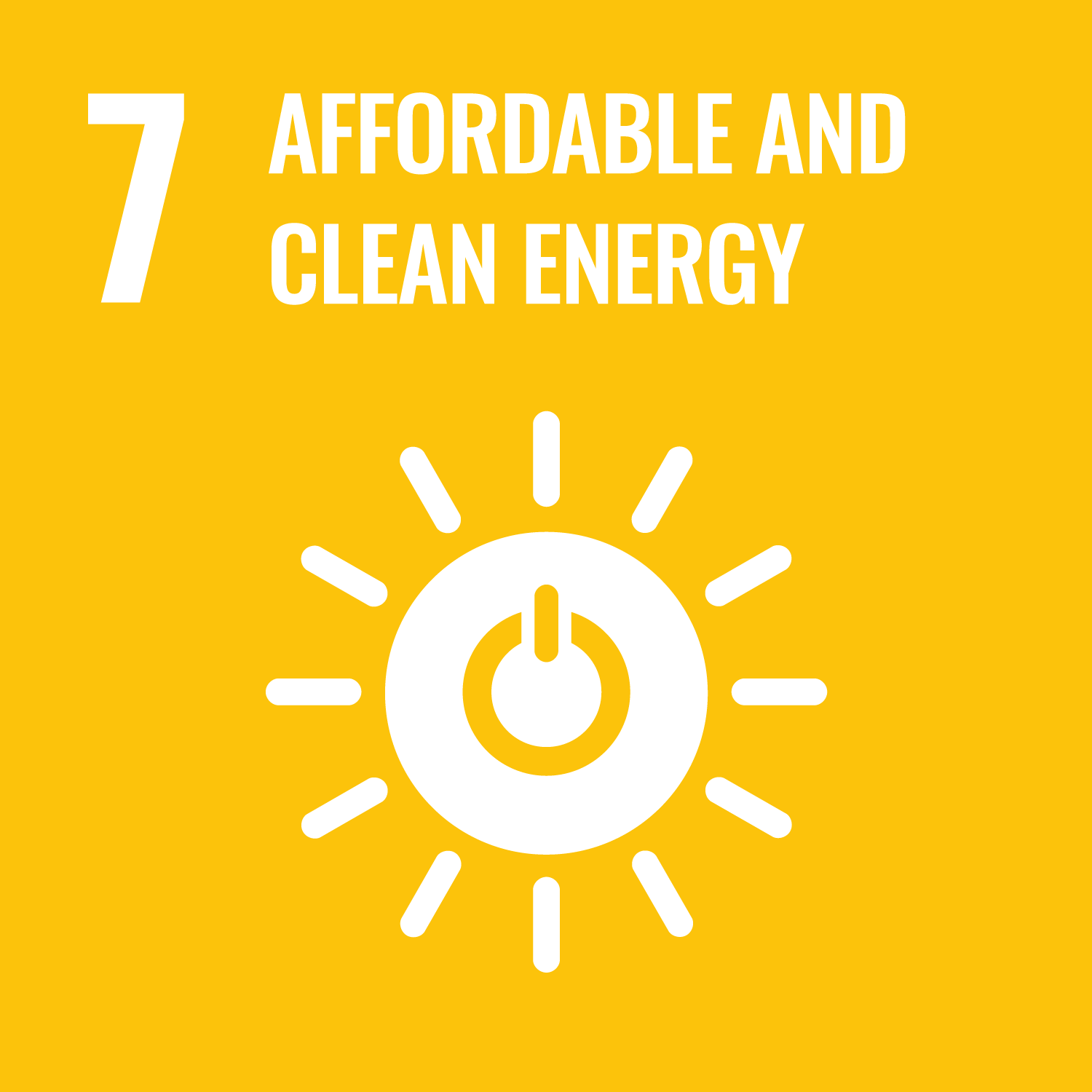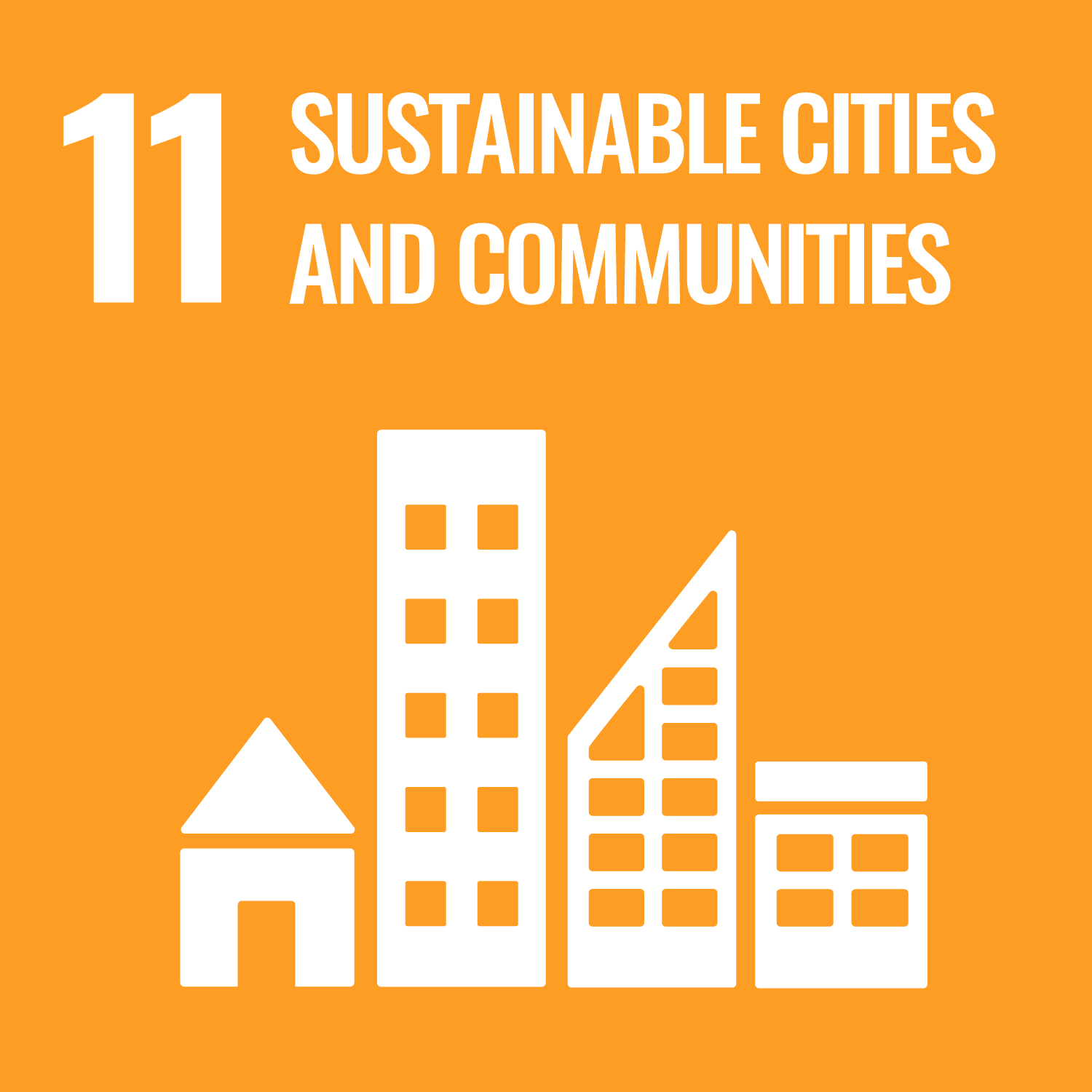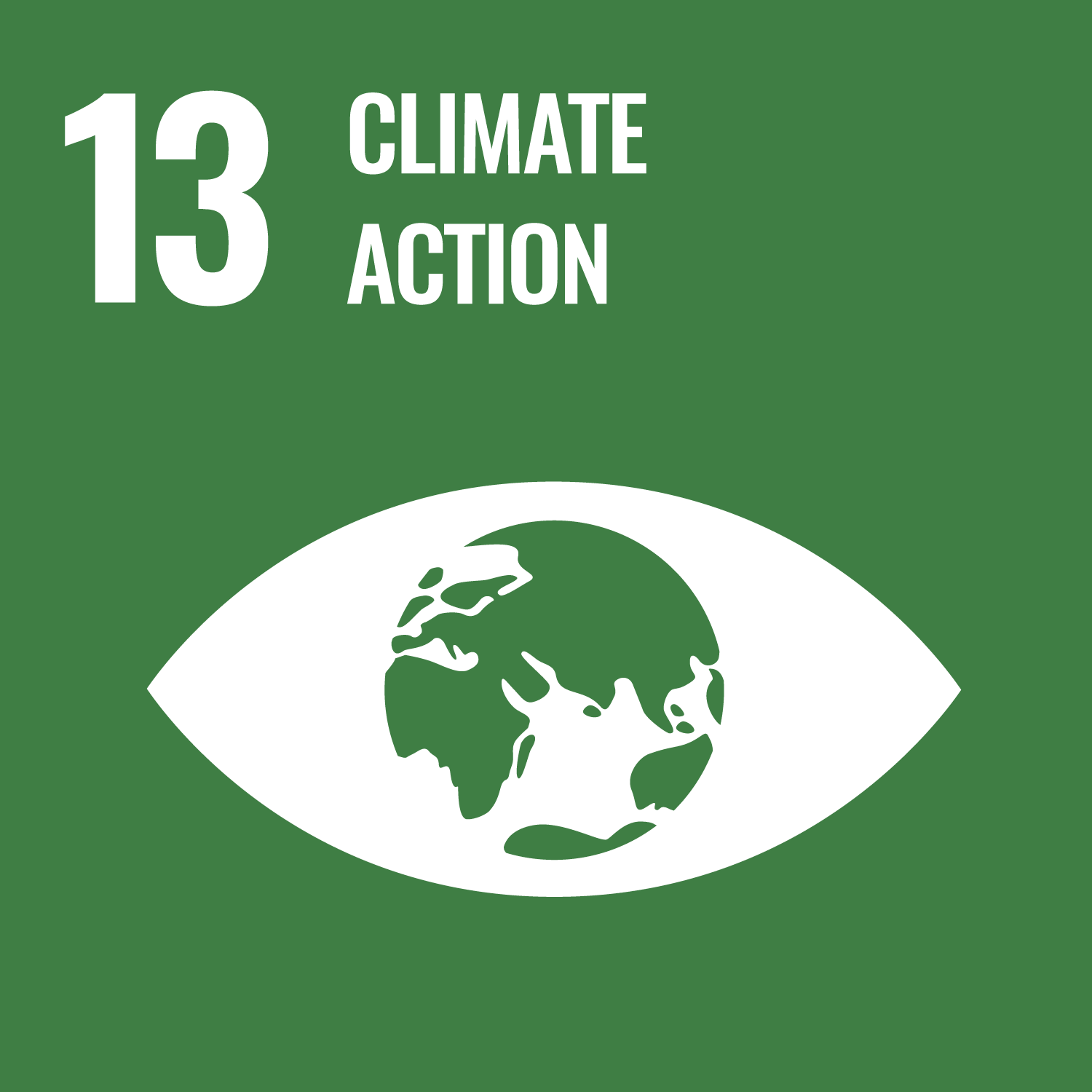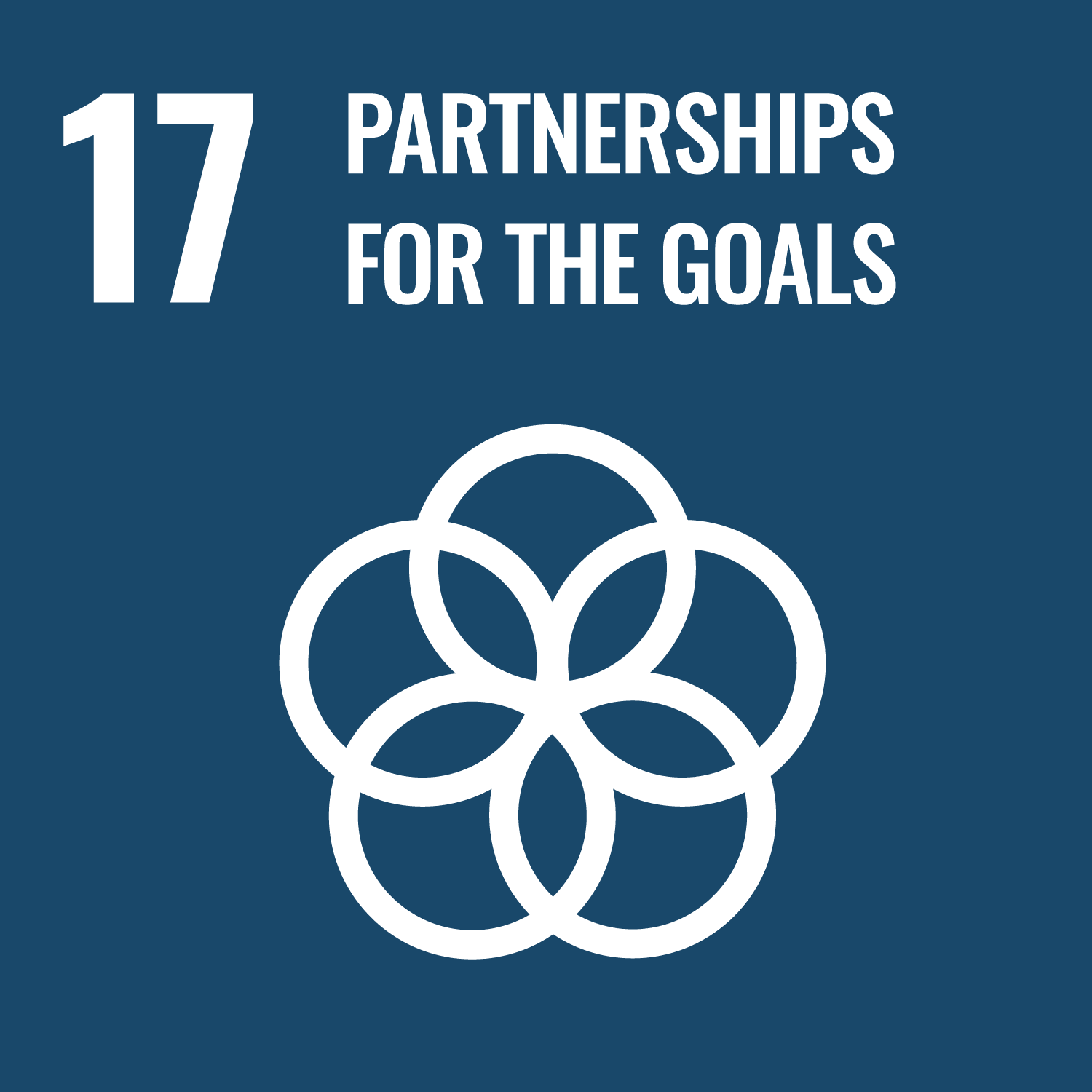Strategies and Priorities
GPUC aims to establish a one-stop-shop to provide cities in emerging economies with quick access to information, technical solutions, capacity building and technical support for the implementation of energy efficiency and achieving climate neutrality targets.
The final objective is to accelerate the process of intervention design, implementation, and replication of energy efficiency in cities for their long-term targets of carbon neutrality. The focus will be on emerging economics, with a continuation work developed in previous periods. The similarity of interventions across like-minded cities allows for the standardization of various processes and procedures of the intervention cycle, including planning, evaluation, design, matchmaking, and procurement. In this way, GPUC aims to mitigate risks, ease the establishment of monitoring frameworks, and enable the dissemination of lessons learnt and further replication. Active knowledge management forms an integral part of the GPUC. Meanwhile, GPUC sustains a platform for knowledge sharing among cities and other relevant stakeholders, technical solution providers and financing institutions.
Pilot Projects
The focus of this activity is the identification of pilot cities and/or pilot projects through wide-range consultations with local stakeholders to assess the energy efficiency opportunities and implementation prospects in three to four countries and/or five to six cities. The goal of this activity is,
- to develop methodologies of developing technical roadmaps, action plans and long-term planning under the cities’ target of carbon neutrality and/or climate resilience;
- to complete pre-feasibility studies on energy efficiency and/or district energy projects in selected or identified pilot cities;
- to facilitate the procurement or MRV frameworks for the implementation of pilot energy efficiency projects. In 2023, the focus of the work will be on the identification of pilot cities or pilot projects through wide-range consultation of local stakeholders to understand their needs and expectations.
Partnerships
This activity aims at building on the existing capacities of the C2E2’s partners, namely DENA, by establishing a well-functioning platform of collaboration and building on the synergies between like-minded institutions so that added value could be offered to countries and cities on energy efficiency and carbon-neutrality. A structured organization of the implementation partnership will be put in place so that a smooth line of work with countries and cities can function. The goal of this activity is,
- to communicate and agree on the organizing and governance framework of GPUC with the key partner of Germany Energy Agency (DENA) and other potential partners;
- to build up the energy efficiency partnership with mid-size cities in the pilot developing countries;
- to organize partners meetings or working group meetings for matchmaking technical needs, selected topics among city partners and other stakeholders;
- to engage with other relevant international or domestic organizations for the GPUC partnership.
Capacity Building & Awareness Raising
To enhance skills for faster, higher quality and more effective energy efficiency implementation, C2E2 will aim to support the development of local technical training for energy efficiency-related professionals. A network for the exchange of learning best practices in energy efficiency will be built to capacitate energy efficiency professionals such as craftsmen, on-site construction workers, municipal officers, maintenance professionals and energy system installers and managers in the buildings and transport sectors. The focus is on both greening of existing training and new skilling/upskilling through additional courses. The goal of this activity is,
- to develop E-training module series on energy efficiency based on the mapping of capacity-building needs and consultations with local stakeholders in pilot countries or cities;
- to develop virtual knowledge-sharing centres in collaboration with partners;
- to develop or adapt energy efficiency tools on specific topics.




